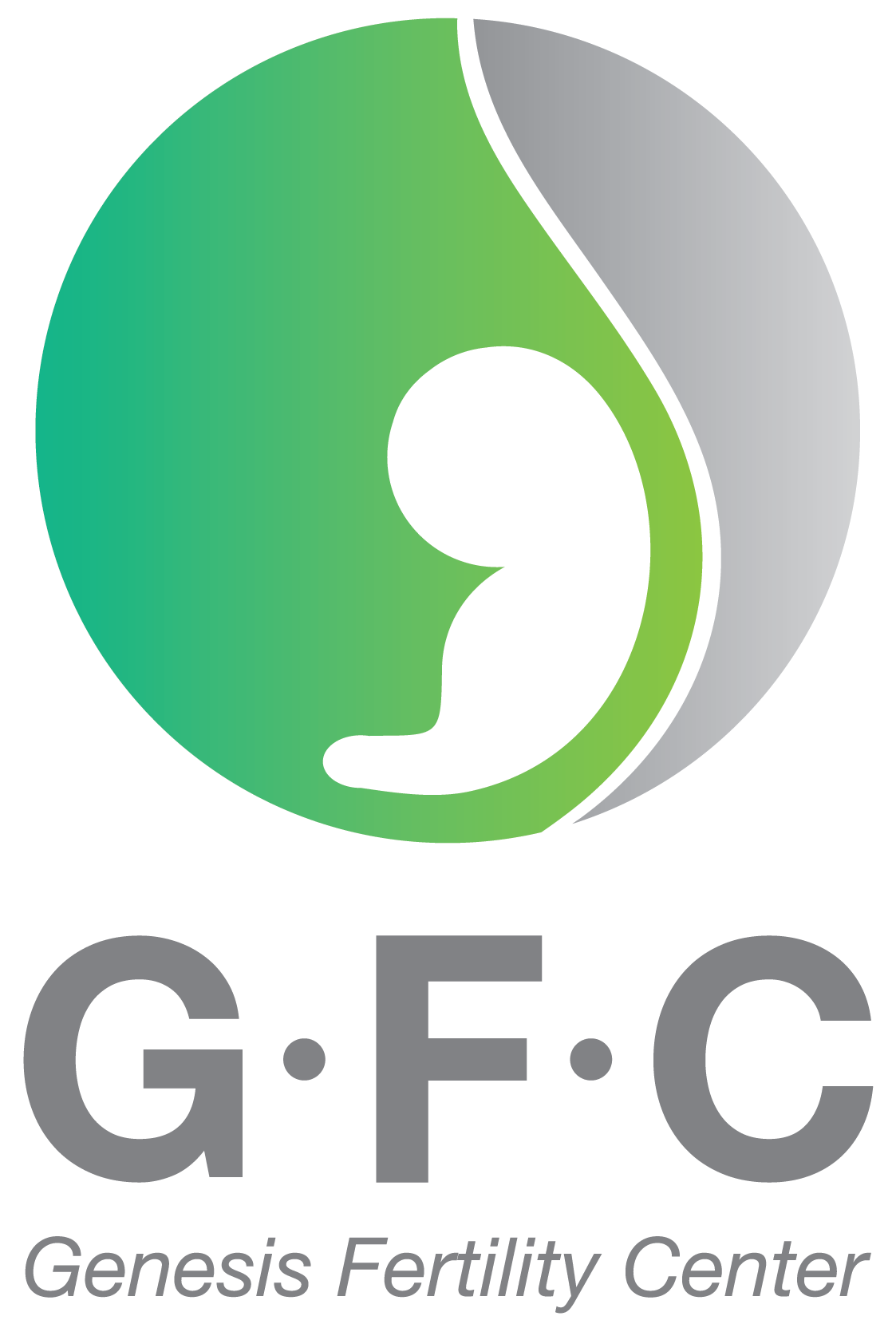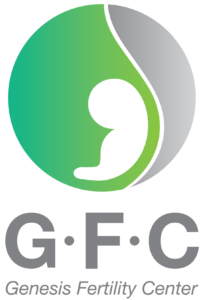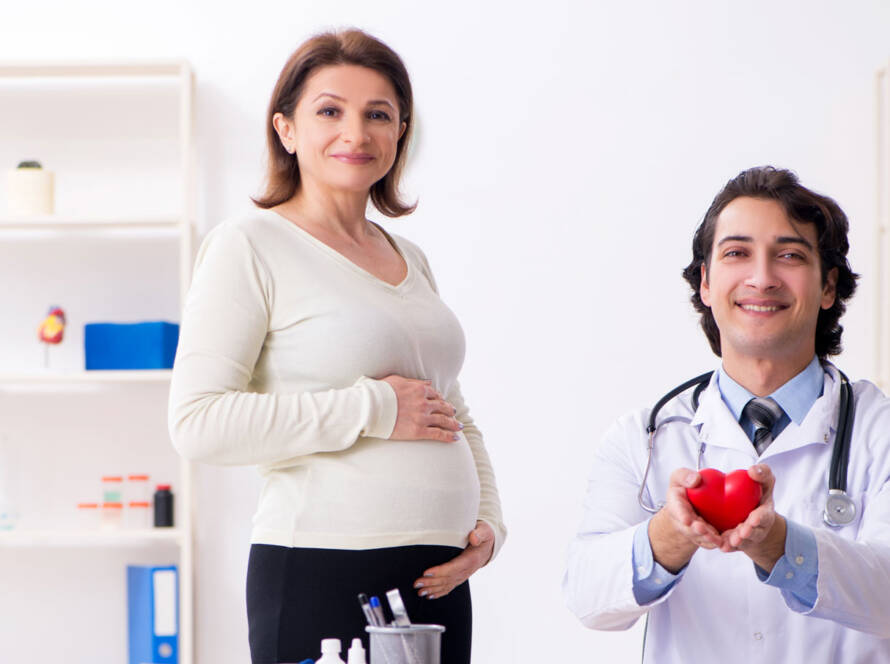Why freeze eggs at an early age? New generation women’s insight for planning future parenthood.
Egg freezing for women is comparable to purchasing insurance coverage for future risk. It is a viable option for couples who face health problems related to various diseases or have difficulty conceiving, and those who wish to plan their family and have children when they are ready in the future. This is because the process of freezing eggs can preserve their original quality for 5–10 years, depending on the age and readiness of the body. When the time is right or when one desires to have a child, the eggs can be used in the process of IVF/ ICSI.
However, the success of conceiving for couples who face difficulty in having children and those who wish to plan their family and have children when they are ready in the future, depends on several factors. These include age and readiness of the body, as well as the timing of the process of freezing eggs. In the field of medicine, egg freezing depends on the age of the woman. The younger the woman, the greater the chance of obtaining high-quality eggs and a larger quantity of eggs.
5 important reasons for early egg freezing:
Egg freezing for women can be done from the time they start menstruating, but the most suitable age range for the best quality eggs for pregnancy is between 22–28 years old. When women reach the age of 35 or older, the quantity of eggs will start to decrease. Therefore, if a couple is experiencing difficulty having a child and wishes to plan for egg freezing to be used in IVF/ICSI when they are ready to have a child, they should start planning early. The following are the advantages of early egg freezing:
- Early egg freezing increases the chance of successful pregnancy. Egg freezing for women under the age of 35 will increase the chance of successful pregnancy because younger women have a larger quantity of eggs with good quality. To have one healthy baby, it takes at least 10–15 high-quality eggs.
- Reduce the risk of chromosomal abnormalities. Egg freezing for women between the ages of 20–35 will have a larger number of eggs, which can be screened for quality. This reduces the chance of the child being born with chromosomal abnormalities or Down syndrome.
- Reducing the risk of miscarriage. When a woman is 35 years old or younger, the body produces fewer eggs and there is a higher chance of abnormal cell division in the eggs, leading to difficulties in conception and higher risk of miscarriage.
- Creating a family and having children when ready can be achieved through egg freezing. This involves freezing eggs for later use to increase the chances of successful pregnancy when the time is right. Therefore, those who plan to have children after the age of 35 should consider freezing their eggs early, when the body is still producing a larger quantity of high-quality eggs.
- Require fewer ovarian stimulation. Freezing eggs at a younger age leads to better quality eggs, but for those over 35, it may require a process of multiple rounds of ovarian stimulation with medication for 8–12 days per round, depending on each individual’s response to the medication to achieve the desired number of eggs.
How important is the age of the egg freezer?
Egg freezing can be used for pregnancy through assisted reproductive technology such as IVF and ICSI. The chance of successful pregnancy with frozen eggs depends on the quality and quantity of the eggs, as well as the age of the egg freezer. The chances of successful pregnancy are as follows:
- Women aged 30–35 years who have less than 10 frozen eggs have a success rate of 69% or less, while those with more than 20 frozen eggs have a success rate of 90% or less.
- Women aged 37 years who have less than 10 frozen eggs have a success rate of 50% or less, while those with more than 20 frozen eggs have a success rate of 75% or less.
- Women aged 40 years who have less than 10 frozen eggs have a success rate of 30% or less, while those with more than 20 frozen eggs have a success rate of 51% or less.
- Women aged 42 years who have less than 10 frozen eggs have a success rate of 20% or less, while those with more than 20 frozen eggs have a success rate of 37% or less.
Who should consider egg freezing? There are two major groups as follows:
– Women with chronic illnesses that may affect their ovarian reserve or cause damage to their eggs, such as cancer requiring radiation therapy or chemotherapy in the pelvic area, autoimmune diseases, certain types of arthritis, or a history of surgery for ovarian cysts or Chocolate cysts, and those with a family history of early menopause.
– Women who plan to have children When they are ready, balancing work or education responsibilities with their lifestyle, which has led to a delay in marriage and childbearing. This group is increasingly interested in egg freezing in the present time.
Preparing for egg freezing.
For preparation before egg freezing, women should prepare themselves in advance, about 1-2 months before egg retrieval. This is because each set of eggs takes about 120 days to fully mature. Regular exercise, adequate rest, and a healthy diet with beneficial nutrients, including antioxidants and folic acid, are recommended. Women should also avoid exposure to chemicals and reduce alcohol consumption, as they can affect the quality of the eggs.
What to do after egg freezing when ready to have a baby?
When couples who have difficulty conceiving and want to have a baby, as well as those who plan to start a family, are ready to conceive and want to use frozen eggs to fertilize with sperm to create embryos. The next process would be the IVF/ICSI treatment, where the couple must prepare important documents according to Thai laws regarding children born with assisted reproductive technology, and they must be legally married. The clinic staff will thaw the frozen eggs for use in the next process.
Freezing eggs with Genesis Fertility Center (GFC).
Genesis Fertility Center (GFC) is a medical service center for individuals and couples who are preparing for or undergoing fertility treatments, as well as for those with infertility issues. The center has a team of specialized medical professionals and scientists who are experts in all aspects of IVF/ICSI, including embryo culture, cryopreservation, sperm analysis, and genetic testing for chromosomal screening.
For couples who are struggling with infertility or those who want to plan for future pregnancies, GFC offers the option to store their eggs with our highly skilled female physicians and experienced laboratory scientists. Our laboratory facility is of international standard and meets the highest level of cleanliness and hygiene, similar to an operating room.
Furthermore, GFC utilizes a proven egg freezing technique called Vitrification, which helps to preserve the condition of egg cells without damaging their well-being. This process can preserve eggs for approximately 5–10 years, depending on the quality of the eggs at the time of freezing.
The steps for egg freezing with GFC are as follows:
- Schedule an appointment 3–5 days in advance.
- The egg freezer undergoes a physical examination and blood test.
- Stimulate the ovulation with medication.
- Perform an ultrasound to check the readiness of the eggs.
- Collect the eggs once they have reached maturity.
- Freeze the eggs in a laboratory using liquid nitrogen at a temperature of approximately -195 degrees Celsius, which slows down the cell activity to prevent ice crystal formation that could damage the eggs. This preserves the eggs’ quality as it was before the freezing process. After the egg freezing, the woman can continue with her daily activities without the need for recovery time.
If you are a couple struggling with infertility and want to have a child, or want to plan a family when ready, consider IVF/ICSI with Genesis Fertility Center (GFC) for egg freezing services. GFC is a comprehensive medical center for individuals who are preparing for parenthood and treating infertility.
พิเศษสำหรับลูกค้าที่เข้าแพคเกจ ฝากไข่ และ ICSI กับทาง GFC เท่านั้น
โปรโมชั่นผ่อน 0% 6 เดือน สำหรับบัตรเครดิตธนาคารกรุงศรี และ 0% 10 เดือน สำหรับบัตรเครดิตธนาคารกสิกรไทย และธนาคารไทยพานิชย์
Call Center 097-484-5335
Monday–Friday: 9.00–20.00 Saturday–Sunday: 8.00–20.00.



